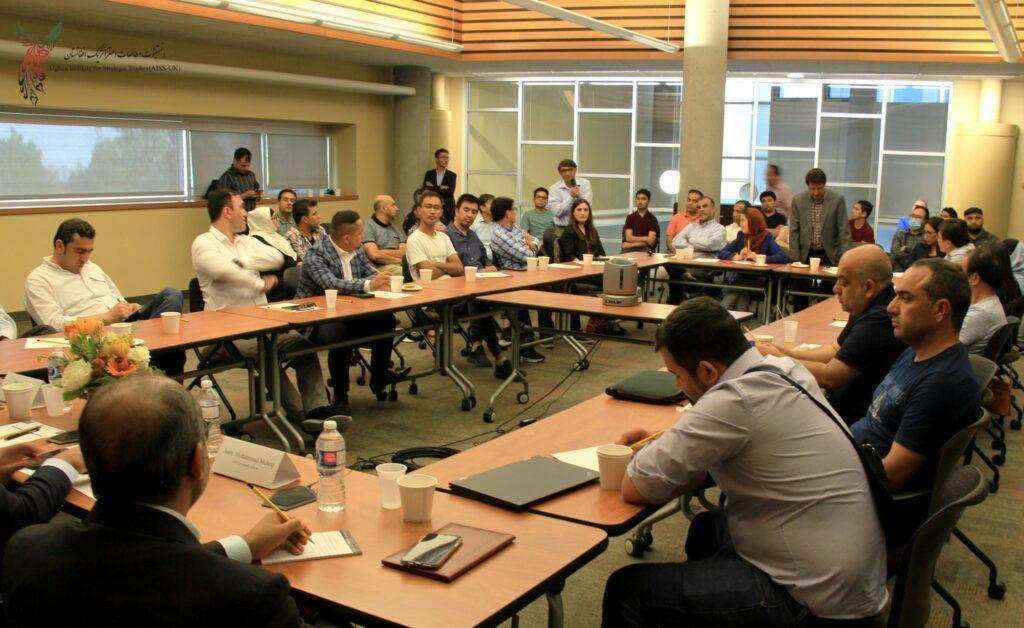KABUL (Pajhwok): A meeting arranged by the Afghanistan Institute of Strategic Studies (AISS) discussed humanitarian crisis, women rights, security and economic situation in Afghanistan, according . . .
You need to subscribe to view the full article. Please login or register a new account.






GET IN TOUCH
NEWSLETTER
SUGGEST A STORY
PAJHWOK MOBILE APP